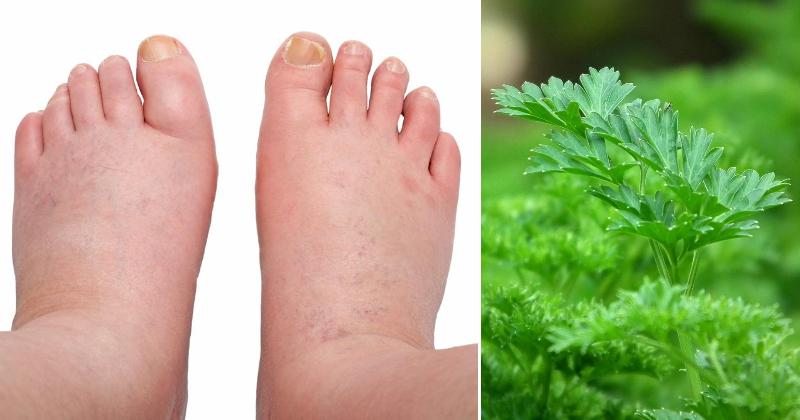You may have heard someone who’s feeling a little bloated refer to it as “I’m just holding some water.” While it sounds a bit funny, it can actually be a true source of swelling and a few extra pounds on your body.
What is Water Retention?
Water retention or fluid retention refers to an excessive buildup of fluid in the circulatory system, body tissues or cavities in the body. Swelling that occurs from water retention is referred to as edema. Edema can occur in the hands, arms, ankles, legs and feet. The body is made up of about 70% water, and excess water intake is excreted by the kidneys in the form of urine. This system can be disturbed in several ways, causing the body to hold onto too much excess water.
Here are several surprising ways water retention might be occurring in your body:
1. Excessive Sodium Intake: Salt is comprised of two main electrolytes — sodium and chloride. Electrolyte balance can be affected when intake or loss is excessive, so high quantities of sodium in the body can lead to an electrolyte imbalance, causing edema. When you consume large amounts of sodium relative to your water intake, the excess water accumulates between the cells located in the body’s tissues or in the circulatory system. It is estimated that 90% of Americans are consuming too much sodium.
2. Vitamin or Mineral Deficiency: A deficiency of important vitamins and minerals can hinder the body from working properly and lead to unwanted symptoms. A deficiency of Vitamin B1 (Thiamine) is one known cause of fluid retention. A lack of this vitamin in the body can lead to aching, stiff joints and swelling. Potassium is essential to maintain proper function of cells, tissues and organs, and high salt consumption can lead to a depletion of potassium in the body. Vitamin B6 (Pyridoxine) is another vitamin that is essential for avoiding water retention, as it controls many aspects of water balance in the body.
3. Certain Medications: Drugs that open the blood vessels, known as vasodilators, calcium blockers, non-steroidal anti-inflammatory drugs (NSAIDs) estrogen medications, several chemotherapy drugs and some diabetes medications can cause edema. Birth control pills contain estrogen and other hormones that can also cause retention and swelling. Be aware of the side effects of any medication you’re on and let your doctor know if you’re experiencing water retention that doesn’t improve.
Natural Remedies for Reducing Water Retention
Edema is not a disease or an illness, it’s a symptom. If you’re experiencing edema, your body is telling you something isn’t quite right. Lack of physical activity, poor circulation, stress, menstruation, allergies and high blood pressure are several more potential causes of water retention. If a health care professional lets you know that the reason you’re holding water isn’t due to something more serious, there are several natural remedies to help reduce water retention on your own.
1. Dandelion
Dandelion has a diuretic effect, which makes it a great natural solution for removing excess water from the body. It also contains potassium, which reduces sodium levels. Steep one teaspoon of dried dandelion herb in a cup of hot water for about 10 minutes, then strain. Drink this tea up to three times a day for the best results.
2. Epsom Salt
It may seem odd to fix the problem using salt, but an Epsom salt bath can help you get rid of water retention through reverse osmosis. It draws out excess fluids and toxins from your body. Just mix 2 cups of Epsom salt in warm bath water and soak in it for about 15 minutes. Repeat up to three times a week.
3. Parsley
Like dandelion, parsley also has diuretic properties. To make tea using parsley, put 2 teaspoons of dried parsley leaves in a cup of boiling water and let it steep for 10 minutes. Drink up to three times a day.
4. Nettle
Nettle has been used to treat joint pain, and rid the body of excess water. To prepare tea, pour hot water with 3 to 4 teaspoons of dried leaves or dried root and sip up to four cups a day.
5. Fennel Seeds
Fennel acts as a diuretic and helps to increase the output of sodium and water from the kidneys. It can also aid in digestion. Put 1 teaspoon of fennel seeds in a cup of hot water, cover it and let it steep for 10 minutes. Strain the tea, and drink it up to three times a day.
h/t: juicing for health


